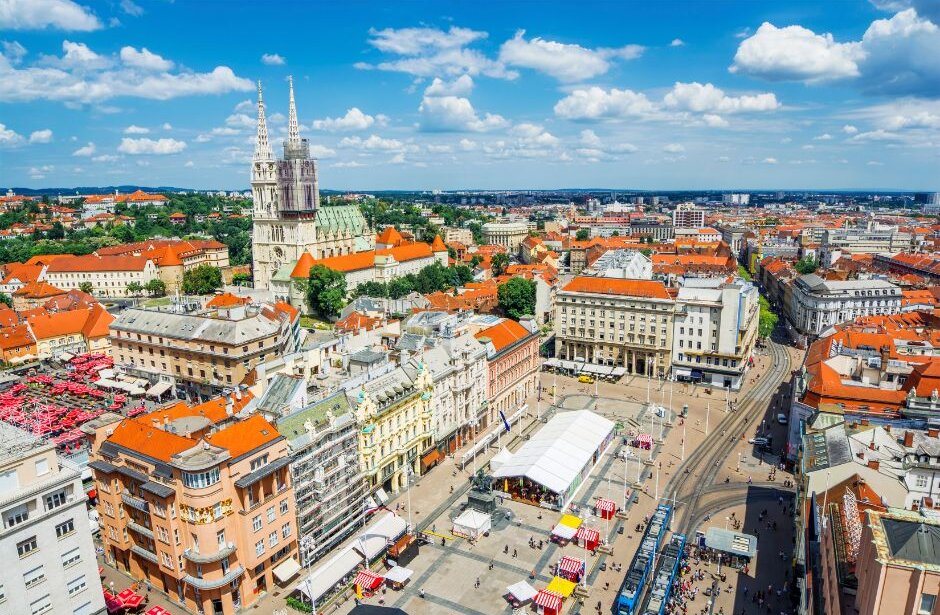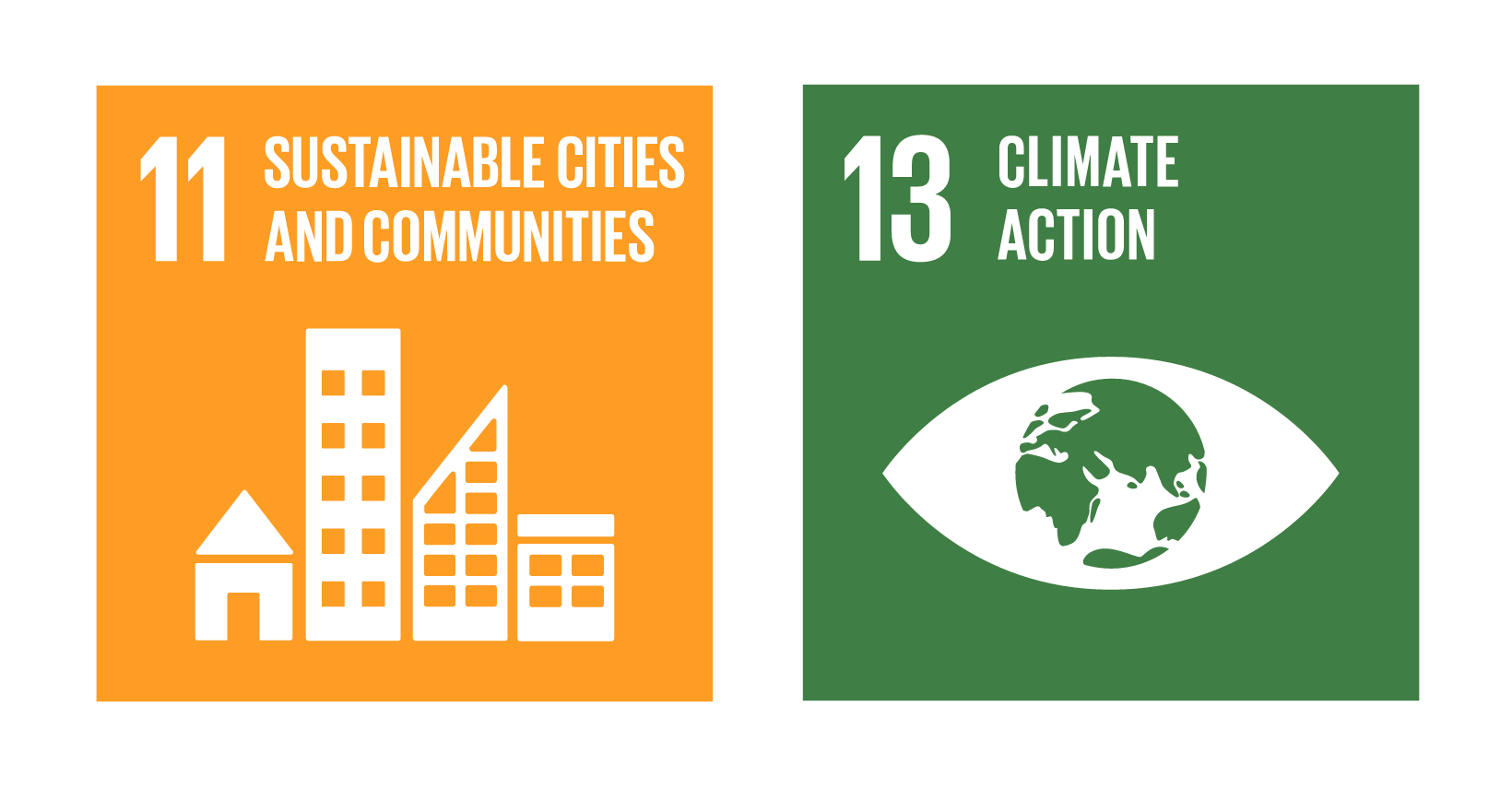People from different backgrounds, sometimes even of different political and ideological beliefs, come together around a common cause, creating public pressure in order to make small changes that end up having a huge impact. "... community is what makes grassroots movements so effective."
How a grassroot movement turned into a sustainable urban policy
Local movements for clean, green, and sustainable cities have proven to be quite effective in articulating local needs and providing appropriate solutions. Citizens gathered to support green ideas to improve their cities and communities and small initiatives have grown into new urban policies creating local development that sometimes even spread to national levels.
Collective action in addressing local environmental problems that affect the daily lives of the members of the community is what makes grassroots movements so effective. People from different backgrounds, sometimes even of different political and ideological beliefs, come together around a common cause, creating public pressure in order to make small changes that end up having a huge impact.

These initiatives are a perfect example of how local change can have global outcomes. When it comes to the Balkans, similar environmental issues affect the whole region with one of the main ones being air pollution. This has many causes, the main ones being the combustion of fossil and other fuels for heating in individual furnaces and heating plants, waste management, industry, agriculture, and more. Other crucial issues in the Balkans include the discharge of wastewater and the loss of coastal habitats led by urbanization As this region is less developed in comparison to most European Union countries, creating effective and affordable green policies can be a challenge, especially taking into consideration that Balkan countries struggle with other burning issues, like corruption, economic instability and unresolved ethnic conflicts from the breakup of Yugoslavia. However, citizens have been demanding environmental justice in most Balkan countries as the effects of aforementioned issues create daily struggles.

The capital of Croatia, Zagreb, recently had a surprising change of government when the green-left coalition Možemo! (We Can!) took power last year. The coalition was created from local activists and other independant movements from all over Croatia in 2019, won seven percent of the vote at parliamentary elections in 2020, and a year later won local elections in Zagreb.
Some of the new policies include a new model of collecting and separating waste, enforced in October 2022, which has already shown good results such as recycling bags found in 80% of household waste bins, 27% less mixed municipal waste has been found in the local landfill, and an increase in recyclables - 40% more plastic, 30% more biowaste and 9% more paper.

Zagreb has also recently been chosen to participate in the European Union's mission for 100 climate-neutral and smart cities by 2030. The selected cities will develop climate contracts for cities, which will include a general plan to achieve climate neutrality in energy, construction, waste management and other sectors.
Even though Scandinavian countries remain the leaders in sustainable urban development, Zagreb is a great example of how grassroot environmental activism in local communities can transform into new sustainable policies in the Balkans.




